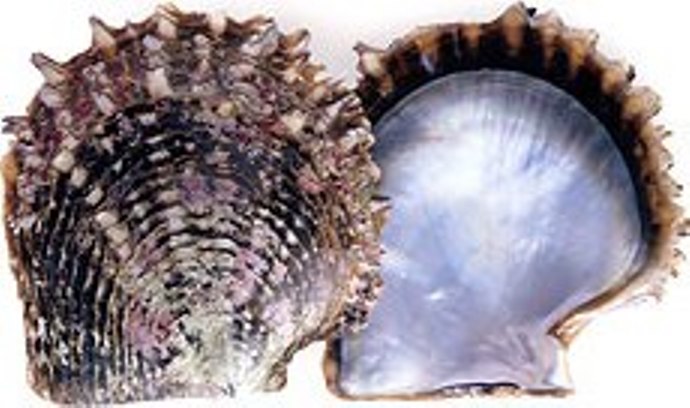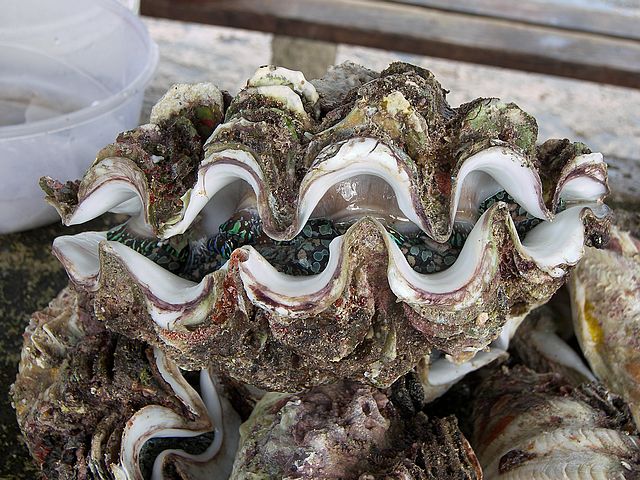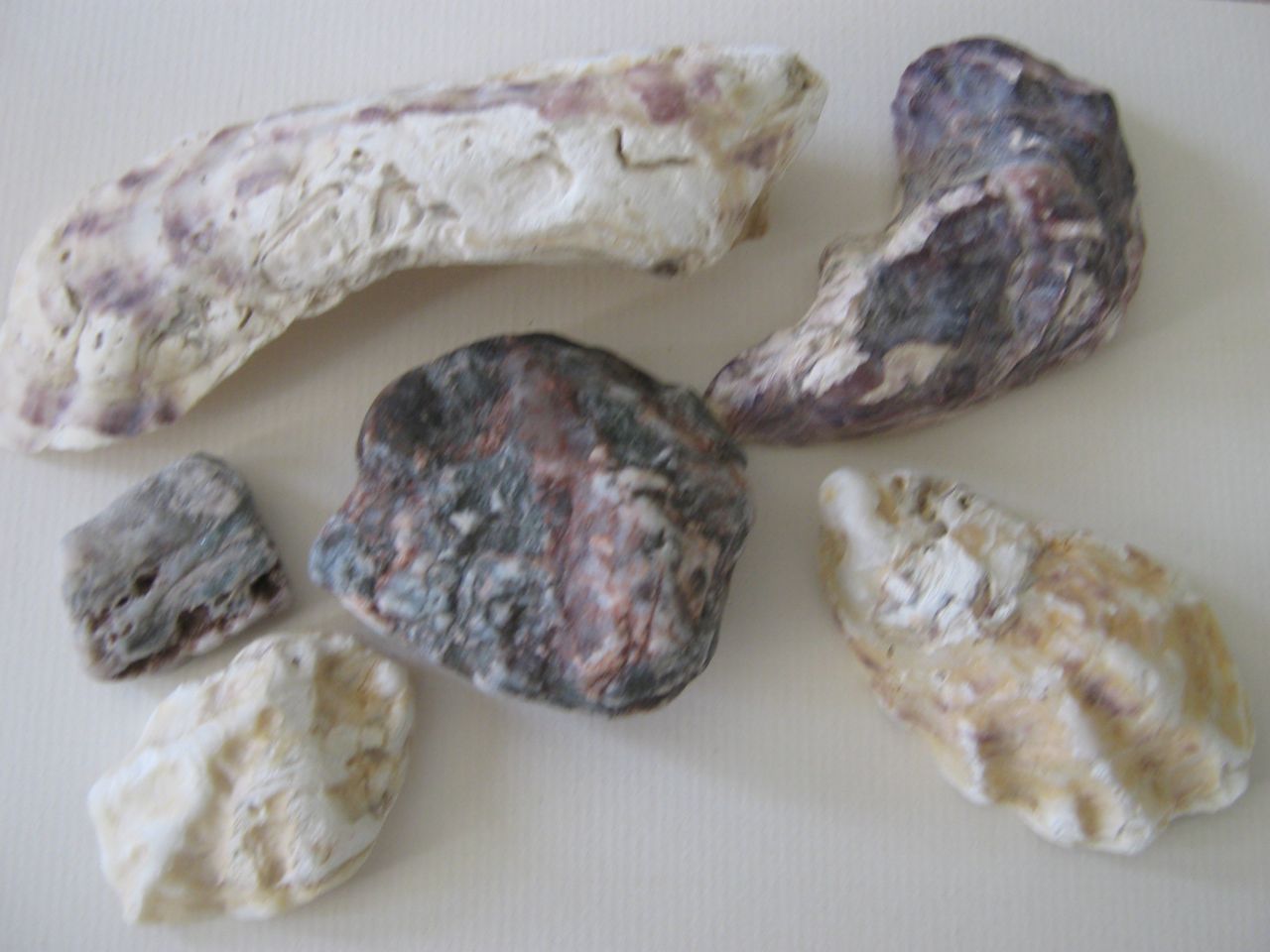

Shells
PRECIOUS PEARLS.
ABOUT twenty years ago quite an excitement was created in New Jersey by the announcement that pearls had been discovered at a certain place on that coast. This news, which we might suppose would have caused only feelings of joy, was also the occasion of sorrow.
Many persons had found the "little white pebbles," as they called them, but being ignorant of their value they had taken no care to preserve them. Children had used them for playthings, and the more curious had broken them up, to learn of what they were composed.
What was their surprise and dismay on learning that they had carelessly destroyed and lost such a precious treasure! How eagerly every nook and corner was searched, in the hope of discovering a single pearl!
But for many there was no opportunity to retrieve their loss; the supply of pearls was not abundant, and the first ones were the finest ever obtained.
Precious pearls are any in our possession, which we may be in danger of losing through ignorance or carelessness? Yes; not gems from the ocean, but treasures of far greater worth, are intrusted to every one who reads these words. None are so poor or wretched that they have not a single pearl.
What are they, do you ask? There are so many that I cannot enumerate them all, but the few mentioned will suggest others.
The surroundings of a Christian home, a father's care, a mother's love, the companionship of brothers and sisters, the gifts of reason, health, sight, hearing, how precious are these blessings! Are they yours, dear reader? Seek to value them rightly, lest through neglect you lose them. The time will come when you will know their worth.
There are other precious pearls to be had for the seeking. "The ornament of a meek and quiet spirit" will make you beautiful in the sight of angels, and rich in the day when all earthly treasure shall be accounted chaff. The word of God describes another pearl so valuable that he who sold all his possessions to obtain it was considered wise. This "pearl of great price" represents Christ, our Saviour. Though all the riches of earth could not purchase his favor, we must be willing to give up for his sake everything that would keep us away from him. The gift of a Saviour is God's greatest gift; it is of priceless worth; and to all who desire it, the promise is, "Ask and ye shall receive."
Be sure to make these pearls your own, little friends.
M. A. D.

UNDER THE SEA.
A PROFESSIONAL diver said he had in his house what would probably strike a visitor as a very strange chimney ornament the shells of an oyster holding fast a piece of printed paper. The possessor of this ornament was diving on the coast, when he ob- served at the bottom of the sea this oyster with a piece of paper in its mouth, which he detached, and commenced to read through the goggles of his head-dress. It was a gospel tract, and, coming to him thus strangely and unexpectedly, so impressed his unconverted heart that he said, " I can hold out against God's mercy in Christ no longer,
since it pursues me thus." He became, while in the ocean's depths, a repentant, converted, and (as he was assured) sin-forgiven man " saved at the bottom of the sea."

Oysters
BAD HABITS.
GEORGE'S father had heard something that very much distressed him.
It was about his dear boy, too, and it was with difficulty that he could bring himself to believe what he was told. The unhappy fact was that George had told an untruth, and perhaps it was even a more unhappy circumstance that the lad had excused himself on the ground that it was only a little one.
His father took him aside and gave him what older folks would have called a combined lesson on natural history and moral philosophy.
"George, my boy," said his father, "I want you to beware of the whelks."
"The whelks, father? Why, I never heard of them. What are they?" responded George. "Well," said his father, "they are a little shellfish found off the coasts of England, and withdrawn from their pretty spiral shaped shell, they are prepared as an article of food by the poorer classes of people there."
"Do they make people sick, then, papa," asked George, "since you say I must beware of them?"
"No, my lad; but on the coast of Brittany these little fellows are the inveterate foe of the oysters. They fasten themselves upon the oyster's hard coat and begin to bore, until, after considerable work, they reach the flesh of the oyster and devour it. Before long the oyster shell is empty."
"I shall not think much of the whelks after this, papa, for I like .the oysters too well; but I do not see why I am to beware of the whelks," continued the boy.
His father suggested that there were bad habits that seemed at first as small as the whelk the habit of untruthfulness, for instance which by degrees fasten themselves firmly upon young people, and old people, too, and by-and-by ruin their victim. One sin leads to another, and a bad habit once fastened on its victim does its deadly work, slowly at first, but nonetheless surely. "Do not let the whelks get at your character as an upright, truthful boy, but avoid giving them the first chance," were the closing words of George's lesson for that day.